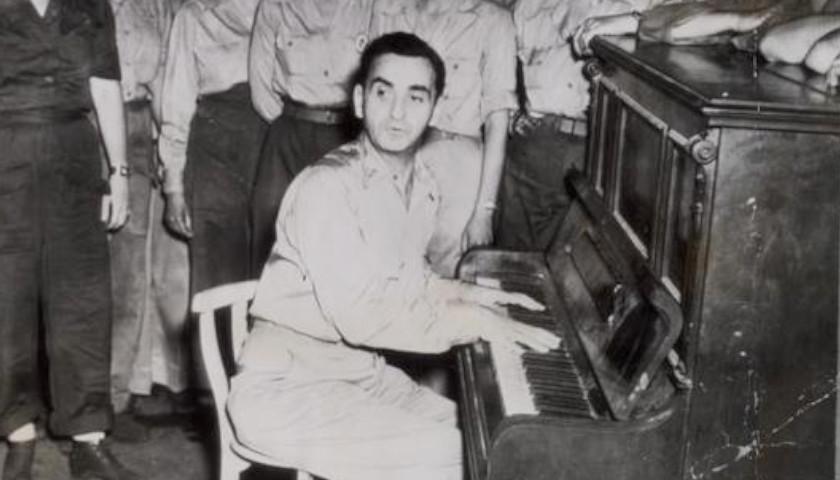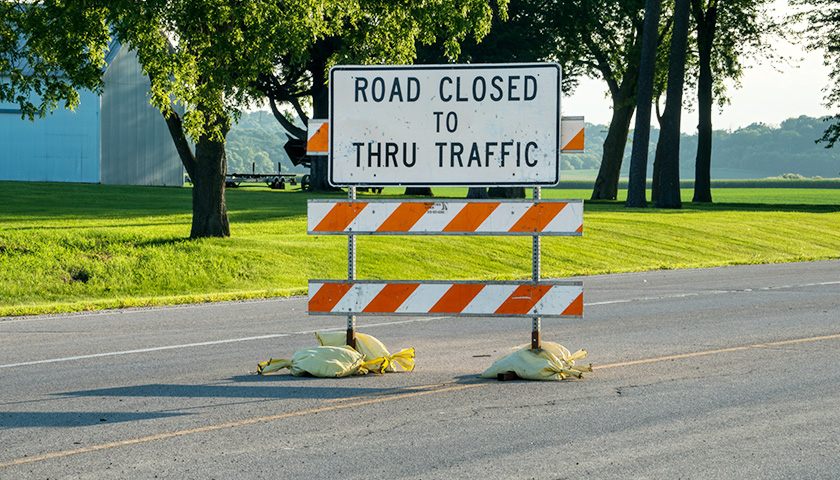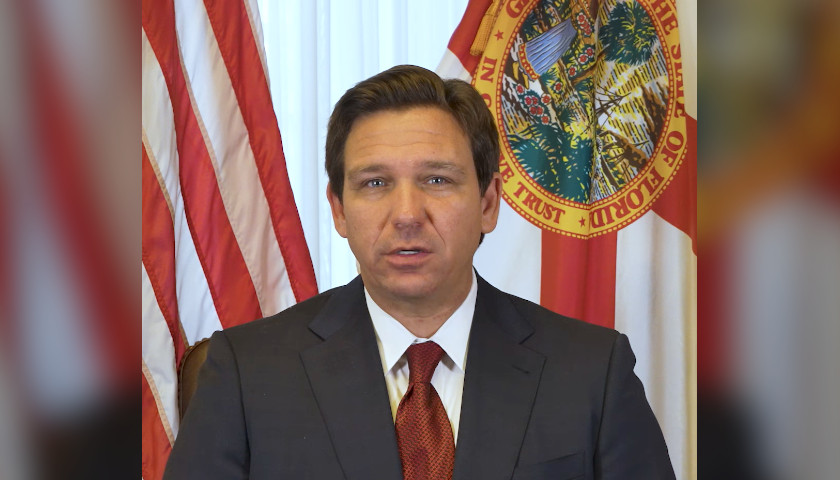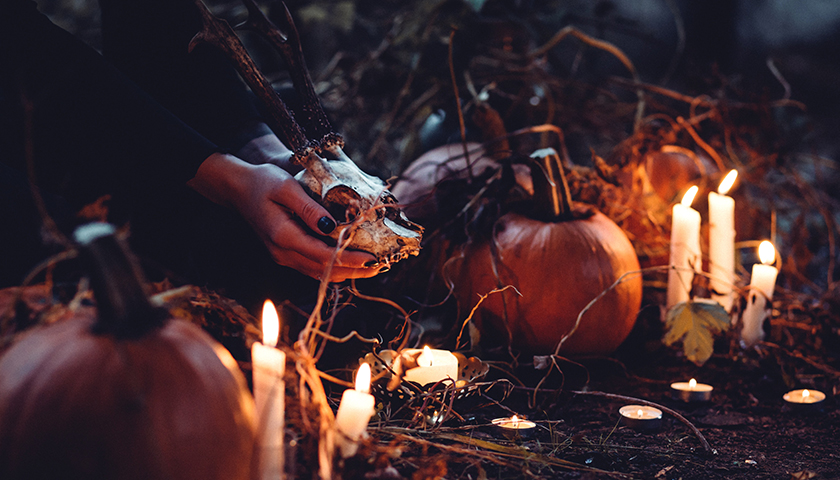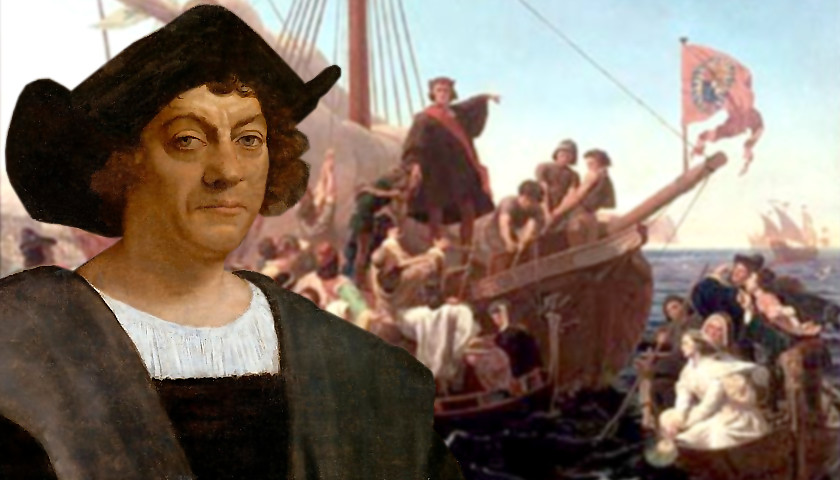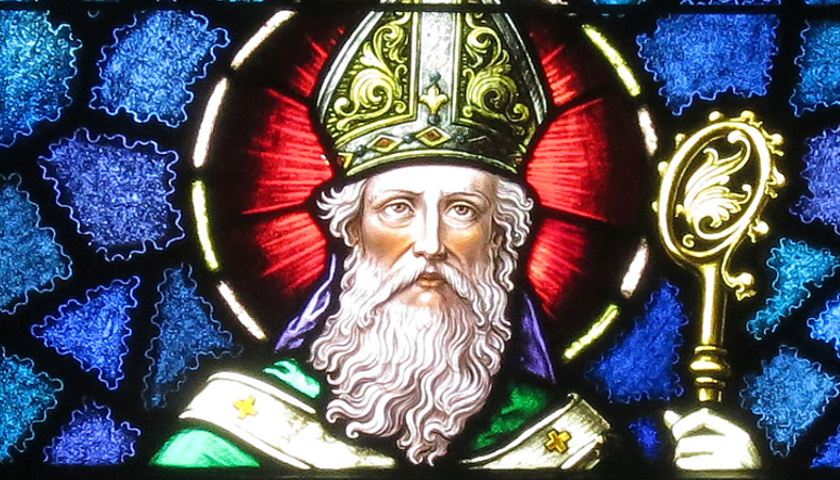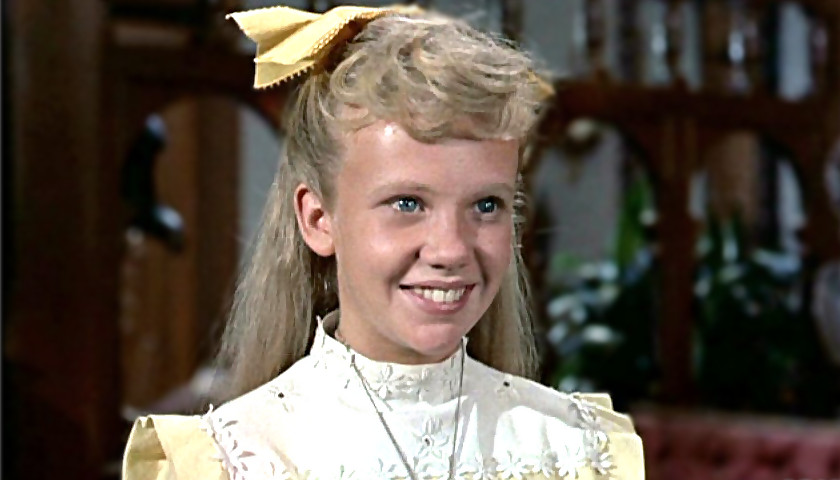A group of Tennessee lawmakers have condemned President Joe Biden for proclaiming Easter Sunday as Transgender Day of Visibility, saying the president’s proclamation is a “satanic and patently Marxist declaration” and a “direct assault on Christianity.”
Read the full storyTag: Holiday
Commentary: With ‘White Christmas,’ Irving Berlin and Bing Crosby Helped Make Christmas a Holiday That All Americans Could Celebrate
Irving Berlin was a Jewish immigrant who loved America. As his 1938 song “God Bless America” suggests, he believed deeply in the nation’s potential for goodness, unity and global leadership.
In 1940, he wrote another quintessential American song, “White Christmas,” which the popular entertainer Bing Crosby eventually made famous.
Read the full storyTDOT Announces Halt to All Lane Closure Activity for Holiday Travelers Once Again
The Tennessee Department of Transportation (TDOT) announced Monday that travelers will not be delayed by construction on Tennessee roads during the Christmas and New Year’s holidays.
Read the full storyGovernor DeSantis Issues Thanksgiving Message Promising ‘Better Days’ Ahead
Florida Governor Ron DeSantis recently released a video message wishing Floridians a happy Thanksgiving and reminding citizens of the freedoms we all should be thankful for as Americans.
Read the full storyThanksgiving Dinner, Travel, Black Friday Shopping More Expensive as Inflation Continues to Rise
As Americans prepare for Thanksgiving this year, traveling and cooking a family dinner will be significantly more expensive.
Inflation has increased by more than 6.2% this year, according to the consumer price index (CPI), representing the highest rate of price hikes in nearly 31 years.
In January 2021, before Biden “took over the presidency, annual inflation was at a stable 1.4 percent,” Americans for Tax Reform notes. “While inflation has already hit American families hard, President [Joe] Biden is pushing policies which would make this problem even worse.”
Read the full storyCommentary: Halloween’s Roots in the Christian Tradition
Conventional wisdom holds that Halloween is essentially a secular and pagan holiday, the result of the Christian Church appropriating an ancient Celtic harvest festival. But one strain of critical opinion tends to the view that the holiday was thoroughly Christian from the start.
In the church calendar, Halloween (All Hallows’ Eve) is the beginning of a triduum of holidays commemorating the dead, continuing with All Saints’ Day on November 1 and All Souls’ Day on November 2. It was common practice among the early Christians to commemorate the deaths of various martyrs at the places of their demise. In the 9th century Pope Gregory IV decided that the time had come for a single universal feast to commemorate all the saints, as well as a day to pray for one’s deceased loved ones. The pope chose a time of year—the end of harvest and the beginning of winter—when many people’s thoughts naturally turned to the idea of death.
The macabre aspects which have grown up around Halloween in modern times—the emphasis on witches, ghosts and other ghoulish figures, the glorification of gore and violence—have led many people to doubt its Christian character and many Christians to shun it. Yet according to some historians, these demonic elements of the holiday originated from a distinctively medieval Christian idea of exorcising evil by ridiculing it. Christian theology holds that Jesus conquered sin and death; and death loses its sting precisely when one is able to laugh at it.
Read the full storySandusky, Ohio Will No Longer Observe Columbus Day, Election Day To Become State Holiday Instead
For the first time since 1934, government workers in Sandusky, Ohio will be working on October 12th. The city commissioners approved a measure that would officially eliminate Columbus Day as a federal holiday. In lieu of the lost holiday, Election Day would officially replace it. In a statement to the Sandusky Register, city manager Eric Wobster explicitly stated that the reason for the shift was twofold; We are swapping them to prioritize Voting Day as a day off so that our employees can vote…It’s also because Columbus Day has become controversial, and many cities have eliminated it as a holiday. The city appears to consider this “killing two birds with one stone.” However, each decision is sure to face its own set of controversy. The overall legality of this decision is a matter of some question. According to Ohio Revised Code Chapter 124.18(B)(1) public employees cannot be required to work on federal holidays unless their job is ruled essential (firefighters, police officers, etc…). Should they be forced to work On Columbus Day, they might be entitled to some form of overtime pay. It is unlikely that employees will press the issue, but certain advocacy groups might. In recent years the Columbus Day holiday has the been the subject of…
Read the full storyThe Top Six Things You Didn’t Know About Saint Patrick
Saint Patrick’s Day is here, and so it goes we join millions across the globe to don our best green garb and imbibe in a panoply beverages from the unnaturally verdant Shamrock Shake to the local pub’s green draft – all in a joyous tradition to cheer one another in the name of a spiritual hero of Ireland. But did you know the true-life story of the man who would become St. Patrick is as harrowing as any high adventure you might find in the pages of a Batman comic? Here are 6 facts you might not have known about the life and times of St. Patrick: (1) St. Patrick was not Irish. St. Patrick’s only known name prior to his canonization is “Patricius.” He was a born late in the fourth century in Roman Britain – most likely the modern Wales region, although some scholars say it was Scotland. Like many Romans of that era, his family were devout Christians. His father, Calpurnius was a deacon, and his grandfather Potitus, was a priest. (2) St. Patrick did not share his family’s faith, and was a skeptic. In his book, Confessio, St. Patrick writes that as a boy, he was not…
Read the full storyJC Bowman Commentary: Optimism Wins!
You remind yourself that the holidays are supposed to be a time of happiness, gathering of friends and family and most importantly optimism for the coming New Year. Yet you get inundated with reminders of the holidays that may conjure up unresolved issues like grief caused by a missing friend or family member, your own failing health or that of a friend or family member. Sometimes there is a sense of increased isolation and loneliness or recognition that there is a difference between the perception of holiday joy and the reality of one’s own life. Holidays can take a toll on even the happiest person. From now until after the first of 2018 more than likely your life will be busier and certainly more stressful. You will have more things to do, more things to buy, there will be more traffic in our streets, stores will become more crowded, parking will become more difficult, and you will have your patience tried to the extreme waiting longer for service. Guests in your house will further add to your frustration. Heaven forbid if some person accidentally sits in your seat at your place of worship. The additional demands on our time, attention,…
Read the full story

